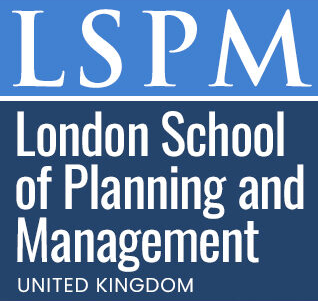Graduate Certificate in Multicultural Strategies for Bipolar Disorder Education
Published on June 28, 2025
About this Podcast
HOST: Welcome to our podcast, where we explore innovative courses that shape the future of various industries. Today, I'm thrilled to have Dr. Jane Smith, an expert in multicultural strategies for mental health education. Dr. Smith, can you tell us about this Graduate Certificate in Multicultural Strategies for Bipolar Disorder Education? GUEST: Absolutely! This program equips mental health professionals with essential skills to address the unique needs of diverse populations with bipolar disorder. It focuses on cultural competency and effective communication, helping learners understand the impact of cultural factors on diagnosis and treatment. HOST: That sounds fascinating. How have you seen cultural competency impact the success of bipolar disorder treatment in your experience? GUEST: Cultural competency plays a significant role. For instance, certain cultural groups may view mental health issues differently, affecting help-seeking behaviors. By understanding these nuances, professionals can develop culturally sensitive intervention strategies, ultimately improving patient outcomes. HOST: I see. And what trends are you noticing in the industry related to multicultural strategies in mental health education? GUEST: There's growing recognition of the importance of cultural competency in mental health care. More institutions are incorporating cultural sensitivity training into their curricula, and there's a rising demand for culturally competent mental health professionals. HOST: That's great to hear. However, I imagine there must be challenges in teaching and learning this subject. Can you share some of these challenges? GUEST: Indeed. One challenge is the vast array of cultural backgrounds and belief systems, making it difficult to cover every possible scenario. Another is the ongoing need for cultural sensitivity training, as cultural norms and attitudes can change over time. HOST: It's clear that this area of study is both crucial and complex. How do you see the future of multicultural strategies in mental health education? GUEST: I believe we'll continue to see increased emphasis on cultural competency in mental health care. As our society becomes more diverse, mental health professionals must be prepared to provide culturally sensitive care, ensuring the best possible outcomes for all patients. HOST: Dr. Smith, thank you for sharing your insights and experiences with us today. This Graduate Certificate in Multicultural Strategies for Bipolar Disorder Education is truly an innovative and timely course for mental health professionals. To our listeners, consider enrolling today to transform your practice and make a meaningful difference in your patients' lives.
